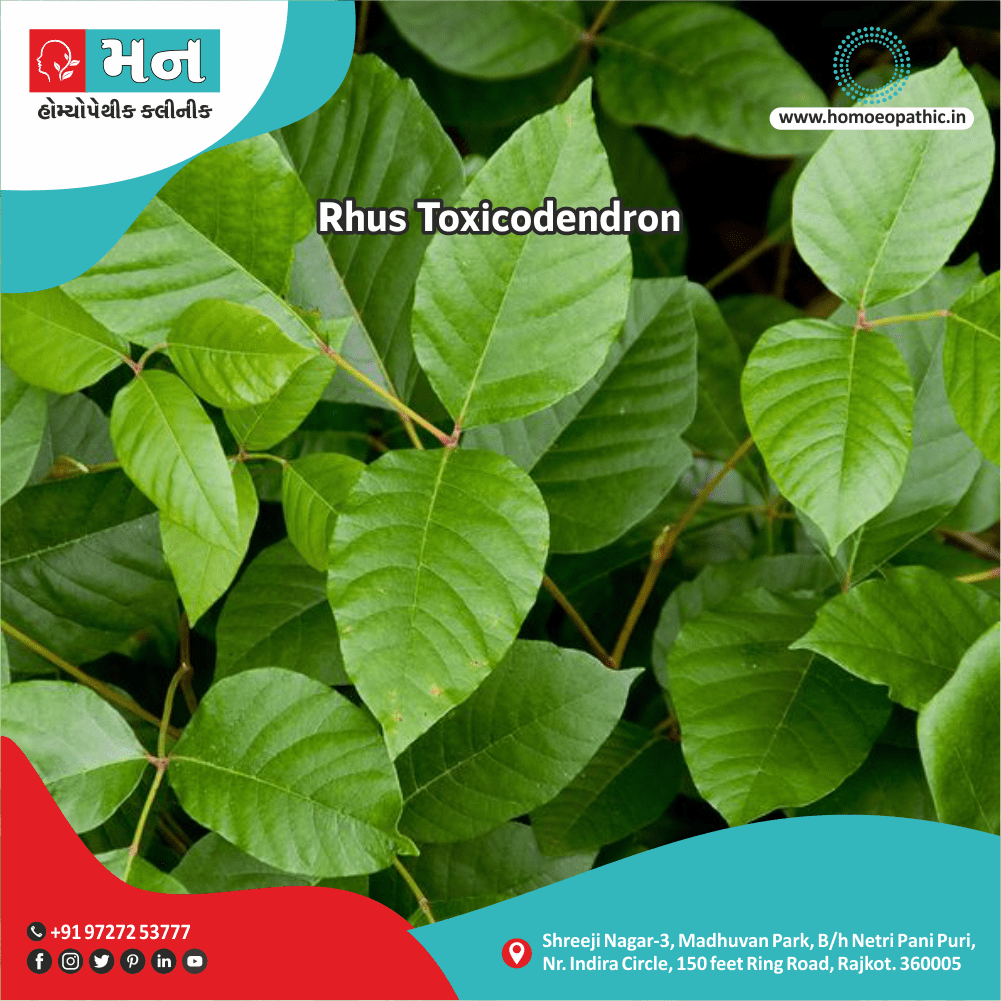Allium Sativum
Unlock the power of Allium sativum (garlic)! This pungent and flavorful ingredient is not just a kitchen staple but a potential powerhouse for your health. Discover the science-backed benefits of garlic, delicious ways to incorporate it into your diet, and tips for optimal storage. Boost your immune system, add flavor…



